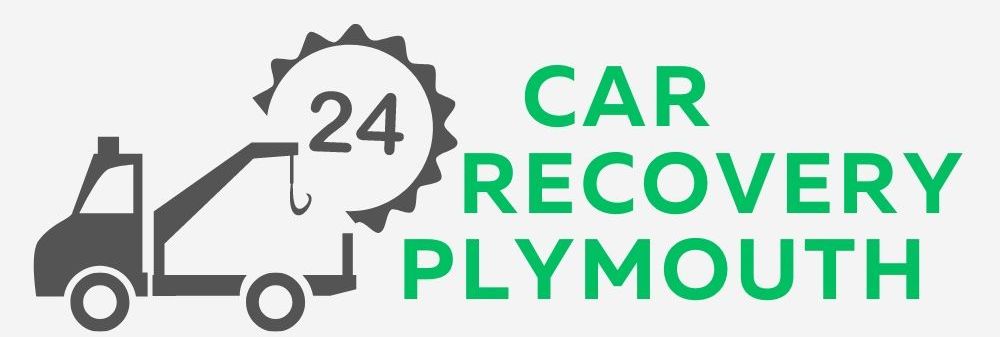The Differences Between Heavy-Duty and Light-Duty Towing
In the dynamic world of vehicle recovery and assistance, understanding the nuances between heavy-duty and light-duty towing is crucial. Whether you're a car enthusiast, a professional driver, or simply a vehicle owner, knowing the distinctions can help you make informed decisions when you require towing service. This comprehensive guide explores everything you need to know about the two types, ensuring you're well-equipped with knowledge when needed.
Introduction to Towing
Towing is pivotal in vehicle recovery, traffic management, and transportation of disabled or improperly parked vehicles. It encompasses various techniques and equipment types designed to address specific situations. At its core, towing is about safety, efficiency, and preventing further damage to vehicles during the recovery process.
Light-Duty Towing
Light-duty towing is the superhero of everyday vehicle mishaps. It caters to most passenger vehicles, including cars, small trucks, and motorcycles. Light-duty tow trucks are versatile and agile, designed to navigate urban environments effortlessly. They're equipped with modern towing technologies such as wheel lifts and flatbeds, ensuring a secure and damage-free tow.
Key Features:
- Versatility: Light-duty tow trucks can handle many vehicles, making them a common sight on city streets and highways.
- Technology: Equipped with advanced mechanisms like hydraulic lifts, they minimise physical contact with the vehicle, preventing damage.
- Efficiency:
Their compact size allows for quick response times and the ability to manoeuvre through traffic easily.
Heavy-Duty Towing
When it comes to handling the giants of the road, heavy-duty towing is unmatched. This category includes the recovery of buses, trucks, trailers, and construction equipment. Heavy-duty tow trucks are engineered to manage significant weight and size and are equipped with powerful winches, booms, and underlifts to secure and transport large vehicles safely.
Key Features:
- Power: These recovery trucks are built with robust engines and towing mechanisms to handle the weight and complexities of larger vehicles.
- Specialisation: Heavy-duty towing requires specialised knowledge and equipment, including rotators and integrated lift systems.
- Capability:
They can perform complex recoveries in challenging conditions, including overturns and winch-outs.
The Technical Distinctions
The technical differences between heavy-duty and light-duty towing extend beyond the vehicle types they service. They include aspects like towing capacity, equipment used, and the training required for operators.
Towing Capacity
- Light-Duty Towing: These tow trucks typically have a towing capacity of up to 10,000 pounds, sufficient for most passenger vehicles.
- Heavy-Duty Towing: Heavy-duty tow trucks can handle loads exceeding 25,000 pounds, with some capable of towing over 50,000 pounds.
Equipment Used
- Light-Duty Towing: Equipment includes wheel lifts, which cradle the vehicle's tyres, and flatbeds, where vehicles are secured on a flat platform.
- Heavy-Duty Towing: This involves more complex equipment, such as rotators—cranes that can rotate 360 degrees—and heavy-duty winches for lifting and pulling.
Operator Training
- Light-Duty Towing: Operators require training on various light-duty tow trucks and the nuances of towing different vehicle types without causing damage.
- Heavy-Duty Towing: This requires more extensive training, given the complexity and risks of handling large vehicles and heavy equipment.
When to Use Each Service
Choosing between heavy-duty and light-duty towing depends on several factors, including the vehicle type, situation, and location.
- Light-Duty Towing: This type of towing is ideal for passenger vehicles that are stuck and need jump starts, lockouts, or minor roadside assistance. It's also used for transporting vehicles short distances.
- Heavy-Duty Towing: This is necessary for commercial vehicles, buses, and large trucks or when a vehicle is severely damaged and cannot be safely secured on a flatbed.
Legal and Safety Considerations
Towing, whether light-duty or heavy-duty, is governed by strict regulations to ensure the safety of the tow operator, the vehicle being towed, and all road users. These regulations cover aspects like:
- Licensing: Operators must be licensed to perform towing operations, and due to its complexity, additional certifications are required for heavy-duty towing.
- Safety Protocols: Comprehensive safety measures, including using lights, signs, and cones, are mandatory to alert other road users.
- Insurance: Towing companies must have insurance to cover potential damages during the towing process.
Choosing the Right Towing Service
Selecting the appropriate car towing service requires understanding your vehicle's needs and the situation. When in doubt, consulting with professionals like Car Recovery Plymouth can provide clarity and ensure you receive the most suitable service. Remember, the goal is not just to tow but to do so safely, efficiently, and without causing further damage to your vehicle.
Understanding the differences between heavy-duty and light-duty towing is more than academic; practical knowledge can significantly impact the outcome of a vehicle recovery situation. Whether you're dealing with a standard passenger car or a massive commercial vehicle, knowing which car towing service to call can save you time, money, and stress. Remember, in the world of towing, size and capability matter, and so does choosing the right service for your specific needs.
For residents and vehicle owners in Plymouth, Car Recovery Plymouth stands as a beacon of reliability in car towing and recovery services. Our fleet of light-duty and heavy-duty tow trucks and our team of skilled operators ensure that we're prepared to handle any situation with professionalism and care.
To know more, read our latest GBP update about the difference between
heavy duty and light duty towing.
